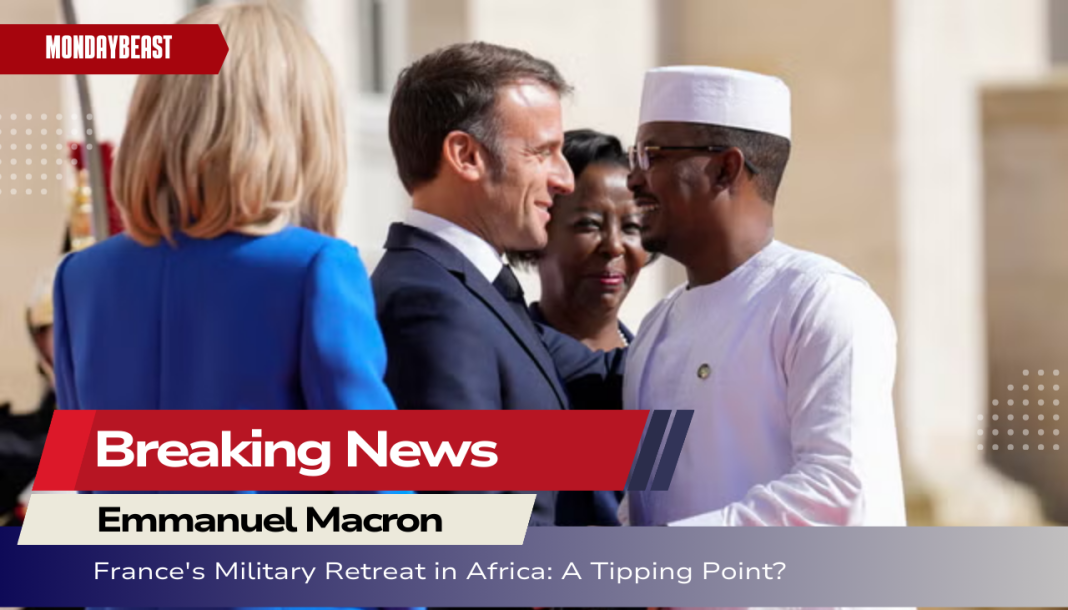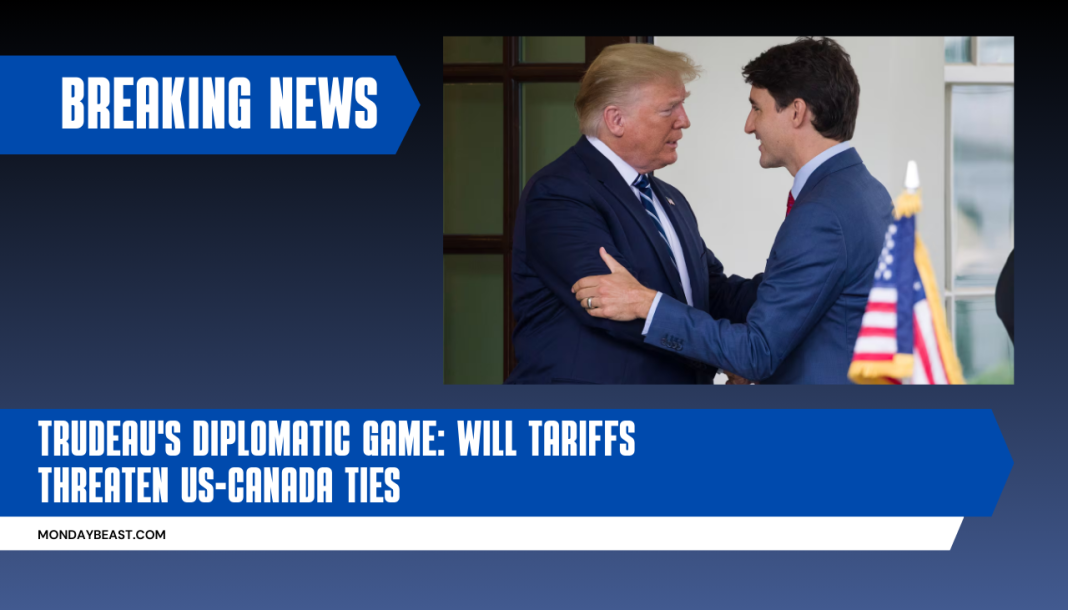France’s military presence in Africa feels shaky. Recent moves posed significant challenges to its long-standing influence. Chad, a key ally, recently shocked Paris by ending a vital defense cooperation deal. What does this mean for France’s future in the region?
Chad’s decision came as a surprise. French officials had not anticipated this abrupt move. It was particularly significant given Chad’s historical role in supporting French military operations. With Chad ending its cooperation, many believe this signals a turning point for France’s security strategy in Africa.
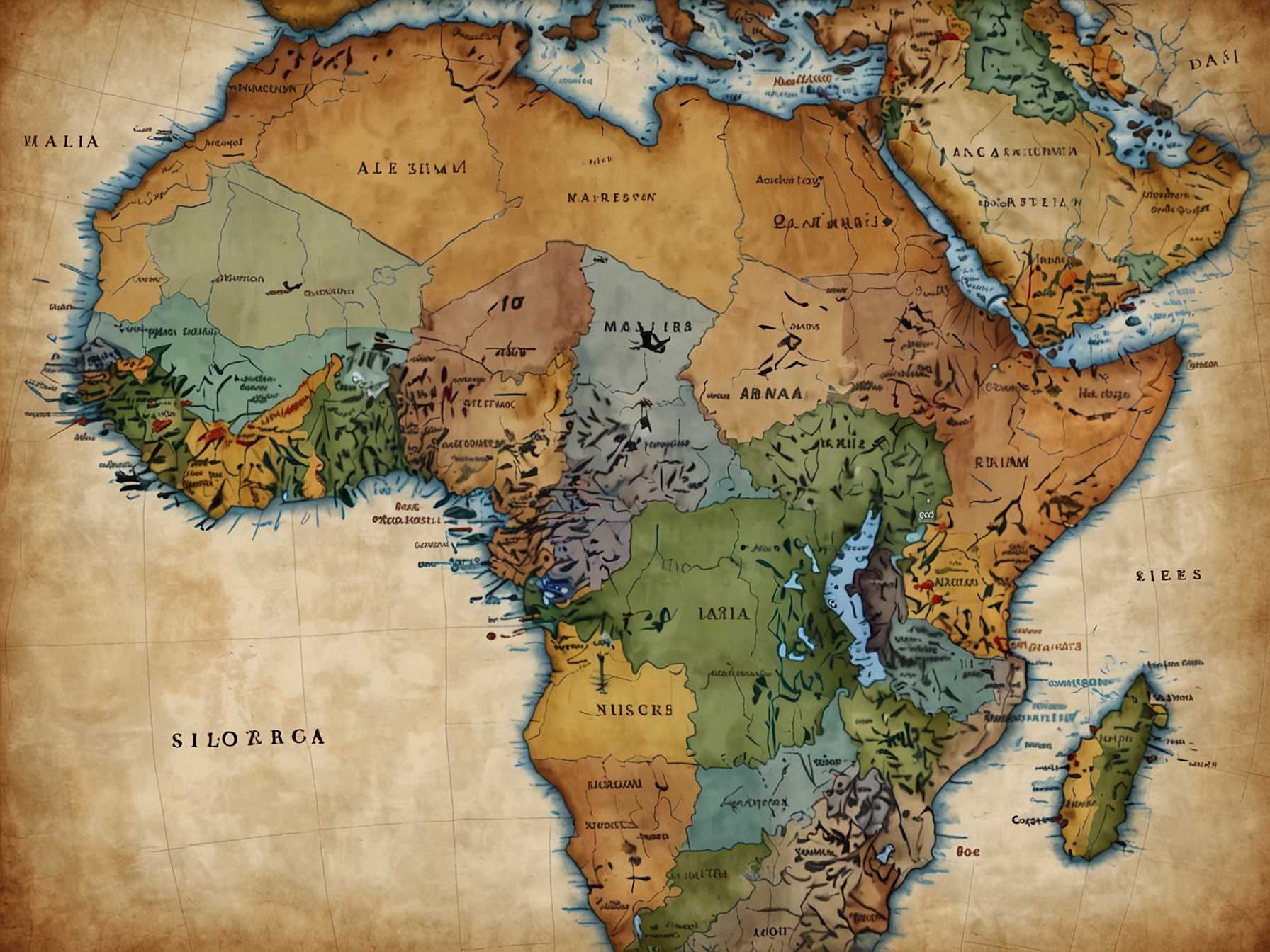
For decades, France has maintained a robust military presence in numerous African countries. Troops in Chad, Ivory Coast, and Gabon have formed the backbone of French military engagement. Now, sources state that plans are underway to cut troop numbers from around 2,200 to just 600. But is this a strategic retreat or a sign of dwindling influence?
Ulf Laessing, from the Konrad Adenauer Foundation, believes it may represent the beginning of the end for France in Africa. He likens Chad to a ‘carrier’ for French forces. Without it, operating in the region could become extremely complex.
Additionally, France’s losses have not been limited to Chad. Senegal’s President Faye expressed concerns about the ongoing presence of French troops in his country. This growing sentiment across the continent is not just about military numbers but is intertwined with deeper anti-colonial feelings.
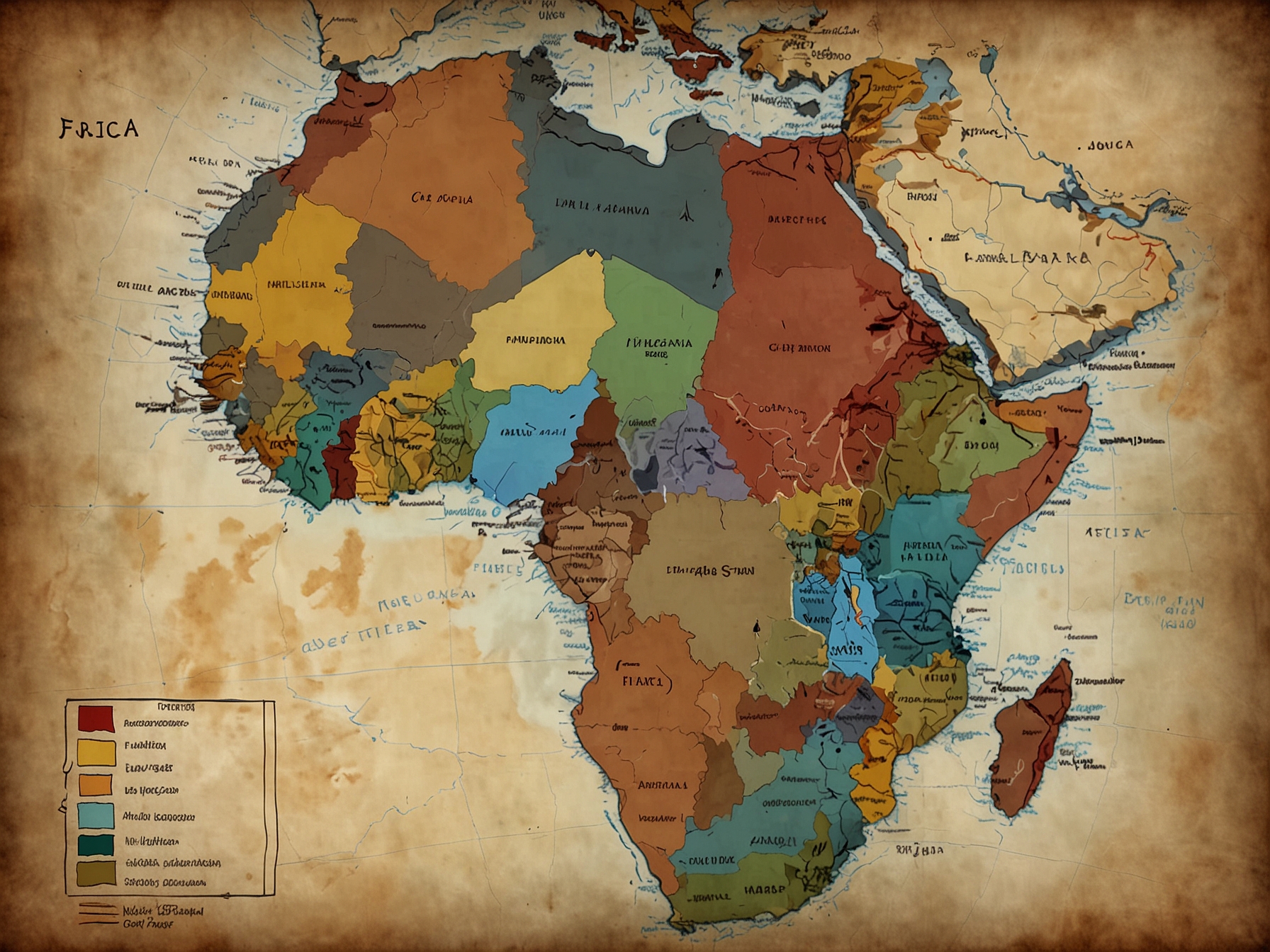
France’s withdrawal from Mali, Burkina Faso, and Niger amplifies concerns regarding African support. The rising influence of Russia in these nations presents risks for France. Moscow’s engagement in Africa has grown, especially with Russian mercenaries entering the fray.
Many are left wondering: why has France’s influence waned? Could it be the result of shifting priorities? Paris is increasingly focused on European matters, especially amid the war in Ukraine. Budget constraints also limit France’s options in Africa.
The Chadian government’s decision to end military ties seems to stem from a perception of neglect. Did they see the downsizing as a sign of diminishing commitment? France has frequently asserted it was in Africa to support and build partnerships. Yet, the abrupt ending of cooperation feels like a snub.
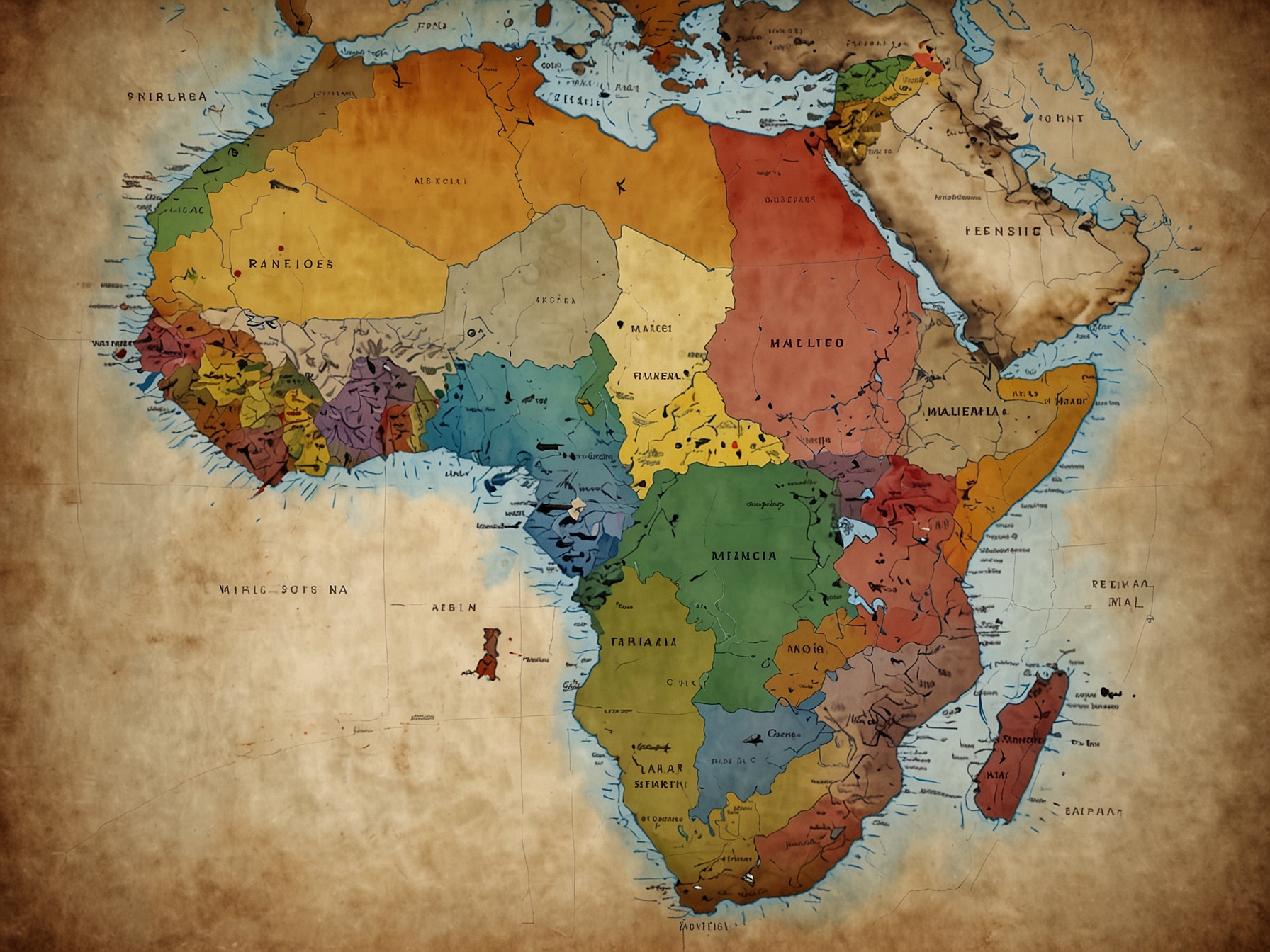
In response, the French Foreign Ministry stated it intends to continue dialogue. But will words be enough? As the situation evolves, long-standing relationships are put to the test.
Furthermore, the conflict in Sudan raises questions for Chad. With borders porous and violence spilling over, security guarantees are more crucial than ever. France’s response appears rushed and reactive, suggesting a scramble to maintain relevance.
What remains is a tangled web of alliances and rivalries in Africa. The ongoing shifts raise critical questions about where France stands. With nations like Russia capitalizing on power vacuums, will France find itself sidelined in its former colonies?
As events unfold, the implications for international relations in Africa could be profound. The French approach’s viability seems increasingly doubtful. Understanding these changes can provide insight not just into France’s role but also into African sovereignty and evolving power dynamics.

